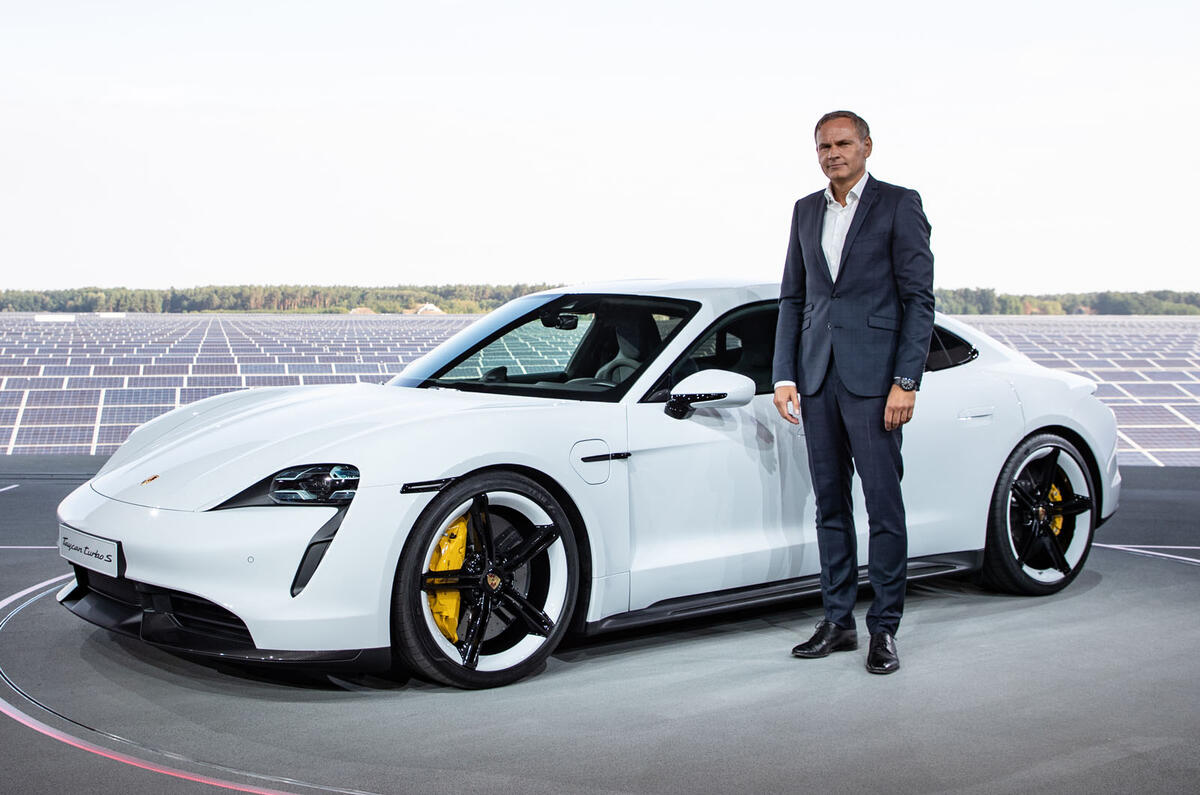A year ago, Oliver Blume lauded his decision to approve the Taycan electric saloon for production at his first ever supervisory board meeting as Porsche CEO back in 2015.
“We were talking about billions in investment. It required a lot of courage,” he recalled.




Add your comment